John Abercrombie - November (1993)
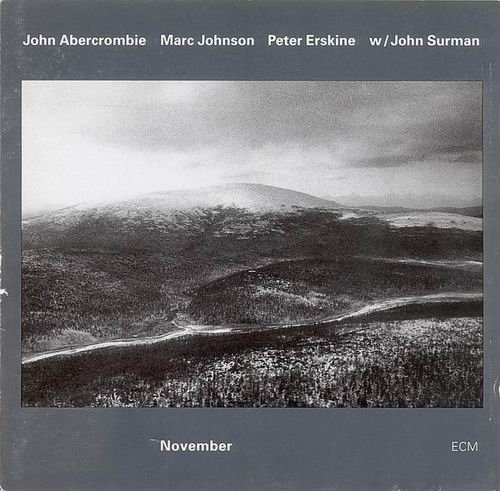
Artist: John Abercrombie
Title: November
Year Of Release: 1993
Label: ECM[ECM 1502]
Genre: Jazz, Post Bop
Quality: MP3/320 kbps
Total Time: 69:24
Total Size: 164 MB(+3%)
WebSite: Album Preview
TracklistTitle: November
Year Of Release: 1993
Label: ECM[ECM 1502]
Genre: Jazz, Post Bop
Quality: MP3/320 kbps
Total Time: 69:24
Total Size: 164 MB(+3%)
WebSite: Album Preview
1. The Cat's Back 6:24
2. J.S. 6:10
3. Right Brain Patrol 9:02
4. Prelude 3:29
5. November 8:28
6. Rise And Fall 5:18
7. John's Waltz 5:42
8. Ogeda 4:38
9. Tuesday Afternoon 2:59
10. To Be 5:22
11. Come Rain Or Come Shine 6:04
12. Big Music 5:44
Personnel:
John Abercrombie - guitar
John Surman - bass clarinet, soprano saxophone, baritone saxophone
Marc Johnson - double bass
Peter Erskine - drums
This 1993 recording of John Abercrombie's trio with a guest appearance by British saxophone giant and composer John Surman is, without question, a trademark ECM session. There's the spacious, pristine, icy production by label boss Manfred Eicher from his studio in Oslo. Next, all the players are ECM staples with the exception of Erskine, who plays everything from pop jazz to classical music. But there are many things that distinguish it as well. For one, Surman is playing here with a fire not heard since the early '70s. Whether he is blowing a baritone or soprano saxophone or his bass clarinet, he's cutting loose. There are long, looping lines that quote everyone from John Carter to Jim Pepper to Eric Dolphy and Ben Webster. His willingness to seek out the heart of dissonance inspires his bandmates, particularly on "The Cat's Back." From a nuanced, eerie wail to a Native American folk melody to smoky phraseology taken from "Chelsea Bridge," Surman pulls out all the stops and then puts them back in to make the tune whisper. Abercrombie doesn't exactly take a back seat on this date, but he does showcase his expansive knowledge of Tal Farlow's harmonic palette by playing extended chords either inside the melody or as a dissonant counterpoint to Surman. Other standouts include the title track with its strange, even alien, crosstalk between Johnson's bowed bass and Abercormbie's short, knotted leads. On Surman's ballad "Ogeda," too, Abercrombie investigates the manner in which the jazz tradition celebrates dissonant harmonies while using a kind of lyrical improvisation to keep the tune gently swinging. It's a solid session from beginning to end, but one still wishes Eicher would take his hands off the sound controls a bit, allowing some of the rawness that each of these players shows in live settings to enter the studio.~Thom Jurek
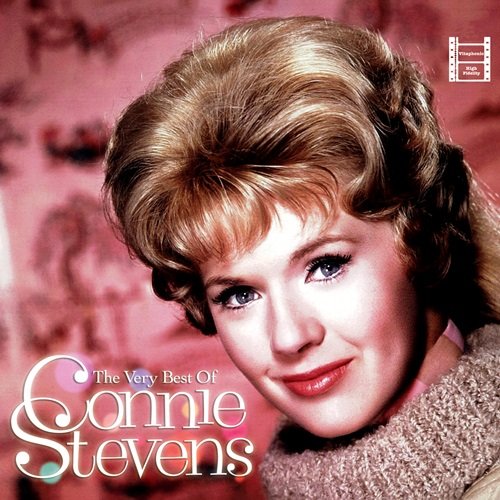
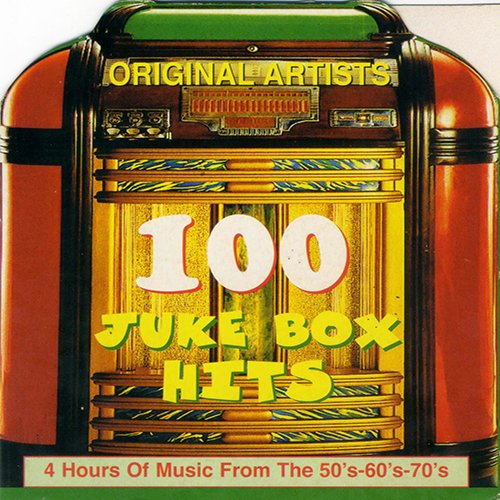
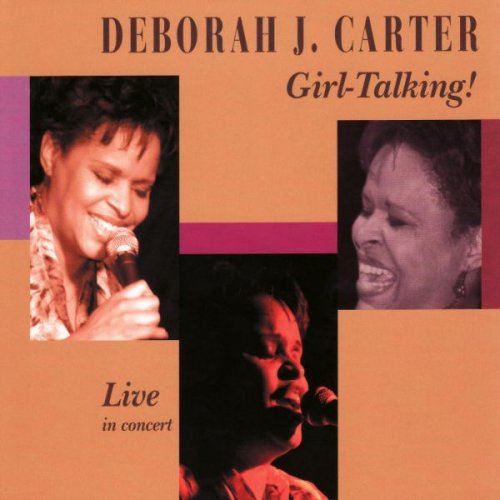
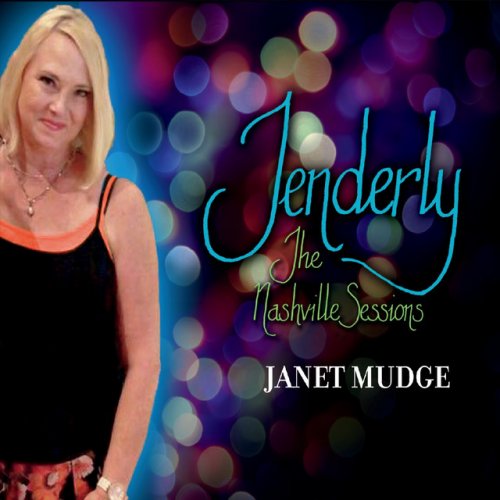
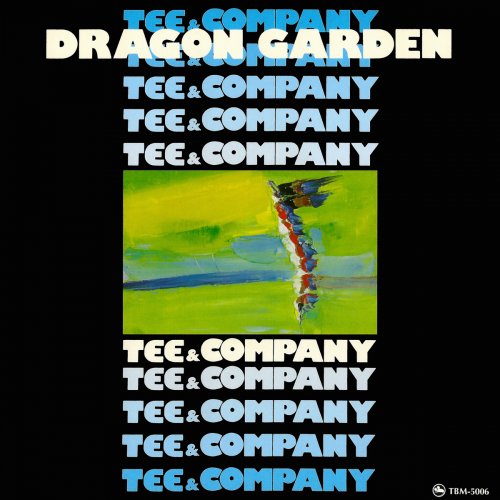
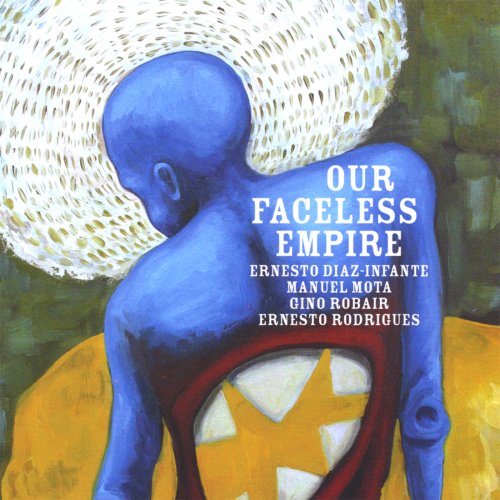
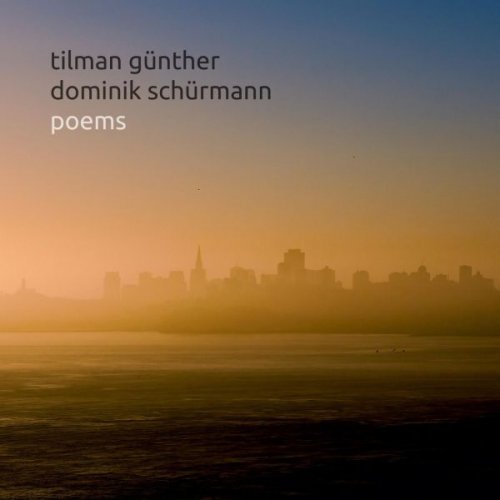
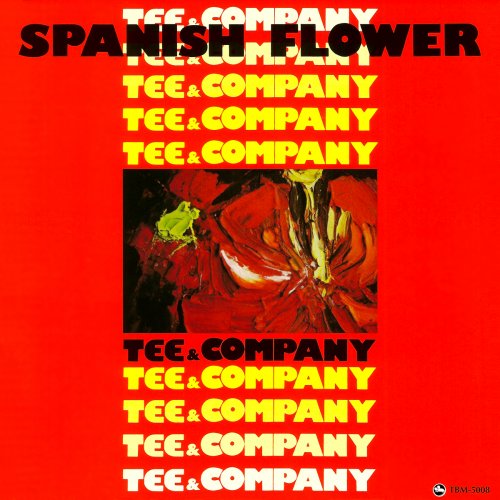
![Matt Choboter - And Then There Were The Sounds Of Birds (2026) [Hi-Res] Matt Choboter - And Then There Were The Sounds Of Birds (2026) [Hi-Res]](https://www.dibpic.com/uploads/posts/2026-02/1771562657_qb70awhgfhge8_600.jpg)